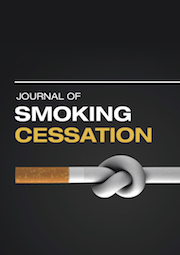Article contents
Explorations of Self-Efficacy: Personal Narratives as Qualitative Data in the Analysis of Smoking Cessation Efforts
Published online by Cambridge University Press: 21 February 2012
Abstract
Research has found that an individual's perceived self-efficacy, supported by goals and the acceptance of potential obstacles, has the ability to assist in behaviour modification. By examining the narratives of cardiovascular patients undergoing smoking cessation counselling, this study highlights factors that individuals communicate in their narratives regarding changes to self-efficacy throughout the process of smoking cessation. Narrative analysis is used to establish those factors that cardiovascular patients assert to be the motivating or impeding factors in their smoking cessation efforts, particularly in relation to their initial readiness to quit smoking. The study's findings illustrate the social, physical and psychological barriers and motivating factors that exist for cardiovascular patients in the process of quitting smoking. The current study supplements past research illustrating that in-hospital programs are among the most influential smoking intervention strategies because they can be tailored to each patient's specific health problems and personal and social circumstances. The study concludes that the relationship formed between patients and intervention specialists can assist in raising an individual's self-efficacy to end an addictive behaviour.
- Type
- Articles
- Information
- Copyright
- Copyright © Cambridge University Press 2010
- 4
- Cited by


